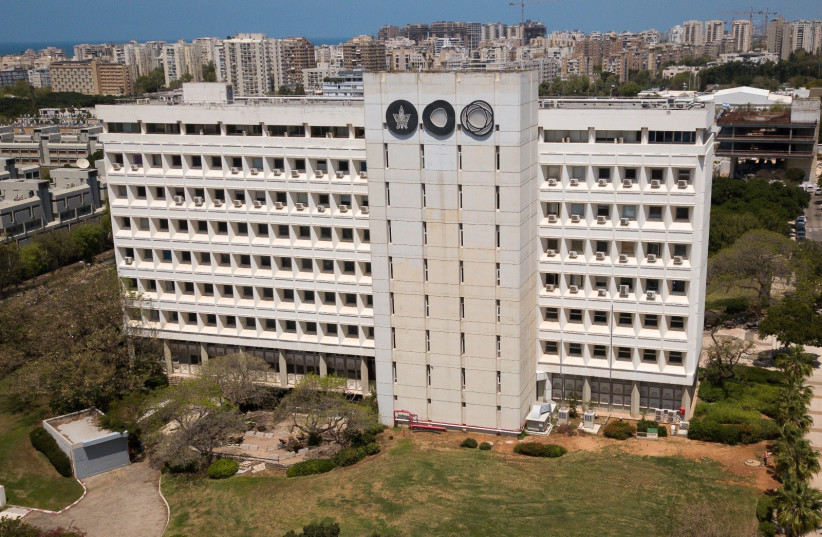The Israeli Young Academy, acting on behalf of the Israel National Academy of Sciences and Humanities, has conducted a preliminary survey on the willingness of young faculty members and researchers to leave the country because of the government’s judiciary reform legislation. The assessment of the chances of leaving is highest among the young faculty members – the future generation of Israeli academia.
The academy sent the short survey to the rectors of all Israeli universities who distributed through them through the deans to faculty members in Israel. A total of 1,948 respondents answered it, including 1,916 more-senior faculty members.
According to the results, 73% of the faculty members who responded to the survey reported a considerable increase (35%) from last year in the chances that they will leave the country. The large majority said that the main reason for this is the Netanyahu government’s judicial legislation processes that began three months ago.
In the segmentation of the results by age, it can be seen that there is an increase in the chances of leaving at all ages, but it is more pronounced among younger faculty members.
A significant negative correlation was found between the average age of the children of faculty members and the increase in the chances of leaving. Fully 77% of the parents of small children under the age of five reported an increase in their chances of leaving compared to only 65% of the parents of older children over the age of 15.


In all institutions, a high percentage of faculty members who reported an increase in their chances of leaving the country was recorded: in most universities, the percentage of respondents who reported an increase in their chances of leaving the country ranges from 62% to 81%, and at Ariel University in the West Bank, it was 39%. No major differences were noted among the research fields.
Why will researchers leave Israel due to judicial reform?
Most researchers anticipate future harm to their activities, such as their ability to submit research proposals to international funds, harm to international research collaborations and cancellations of peer visits.
Many of the faculty members have already taken the first steps towards leaving, including inquiries about other institutions, including requesting foreign visas for their children. The large majority have already talked to a son or daughter about the possibility of leaving.
The majority of faculty members (65%) reported that so far, they have not yet felt harm in their academic activities; the rest mainly reported the cancellation of visits by researchers from abroad and damage to international collaborations.
At the same time, a very high percentage of the researchers (82%) anticipate harm to their academic activity. On the one hand, it is difficult to separate the results of the survey from the heated debate, both in academia and outside of it, that has been going on in Israel in recent weeks, the researchers said. “Although it is possible that some of the answers we received are motivated by the desire to influence this debate, but on the other hand, the responses we received came from all academic institutions in Israel and from all fields of research, and the results are similar in all of them.”
This is also the case in the fields of research, where the rate of respondents reported an increase ranging from 67% to 78%. Therefore, it seems that this is a trend that characterizes all institutions and all fields.
The Israeli Young Academy emphasized the deep commitment of the members of its members to Israel and called on the entire system to mobilize for the sake of ensuring the continuation of academic excellence in Israel and to fight the phenomenon of brain drain.
